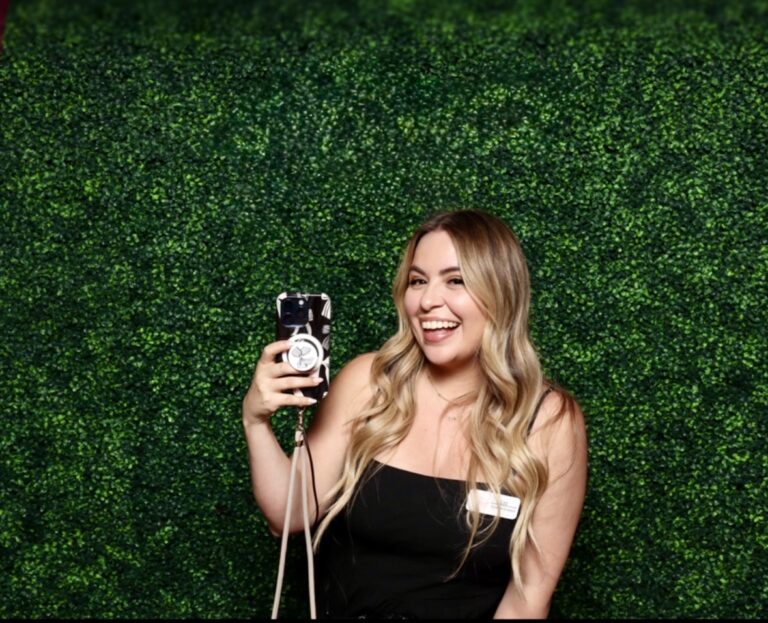Self-doubt and imposter syndrome have stopped far too many talented folks from going for their goals and reaching their true potential. Our hope is to host conversations that inspire folks to overcome imposter syndrome and help others as well.
Ashley Oken

Imposter syndrome is something that I still deal with sometimes, but I drown it out by taking in all of the things that I have been able to achieve and knowing that I have earned my way to where I am today through hard work, persistence, and kindness to others. Being in the music and writing industries means that social media accolades such as a large following, podcast interviews, and book deals can be loud and seen as the only ways to seem successful or legitimate. Read More>>
Yifan Lyu
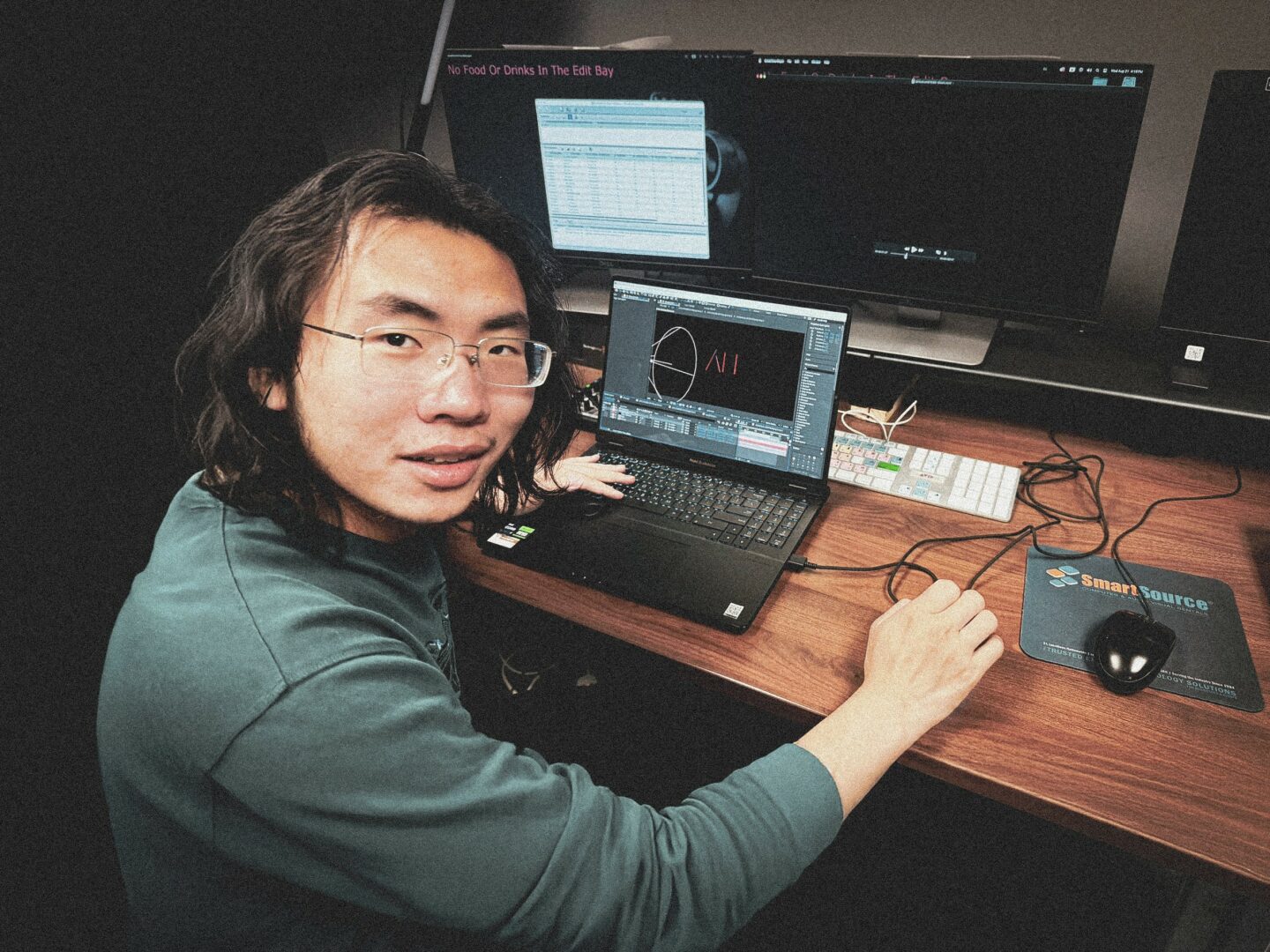
In my early days exploring film work, I often felt self-doubt, constantly worrying I couldn’t measure up to others. Later I realized this wasn’t that bad—it showed I was aware of my growth areas, but the key was to actively seek out my strengths.
The key is to develop “differentiated skills” beyond basic tasks—doing what others need but struggle to handle. As someone focused on editing, my core work is crafting stories through cuts, but I also dedicated myself to VFX (visual effects). When teams needed visual effects or compositing, my VFX skills became a unique asset. Read More>>
Cherrie Lynn
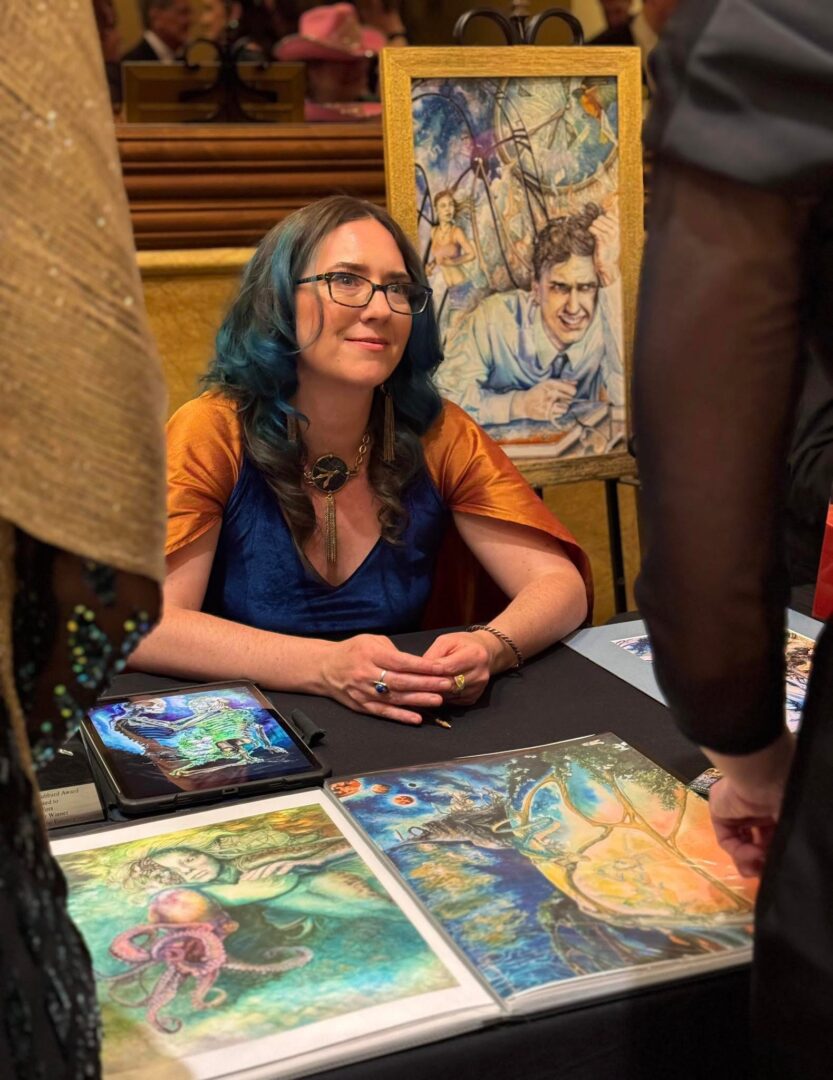
The realm of creativity provides fertile fields for doubt, insecurity, and imposter syndrome. Creation in itself is an act of reaching out for connection. Inevitably, rejection is a part of that dynamic. As a writer, illustrator, and publisher. I face fear with all its many faces each time I pick up a brush, pen, or keyboard, because I am dipping into unseen worlds and hoping to manifest them for the common eye to perceive. Read More>>
Kristen Fechtel

Imposter syndrome has followed me at every major step throughout my career journey. I first really felt it when I began my MBA program at Kellogg. It felt like everyone around me had super impressive military backgrounds or ivy league educations. I was constantly impressed by my peers who were smart, accomplished, and socially adept, and it was easy to question whether I truly belonged or if I had just slipped through the admissions process. Read More>>
Kim Mosiman

I’ve overcome imposter syndrome—not by pretending I have it all figured out, but by telling the truth anyway.
It’s tempting to believe the only people who belong on stages or social media feeds are the ones who’ve “arrived.” But for me, imposter syndrome isn’t something I conquered once and for all—it’s something I’ve learned to walk with, wrestle with, and talk back to. And more often than not, I do that by telling the truth as I go. Read More>>
Mirna Vizcaino
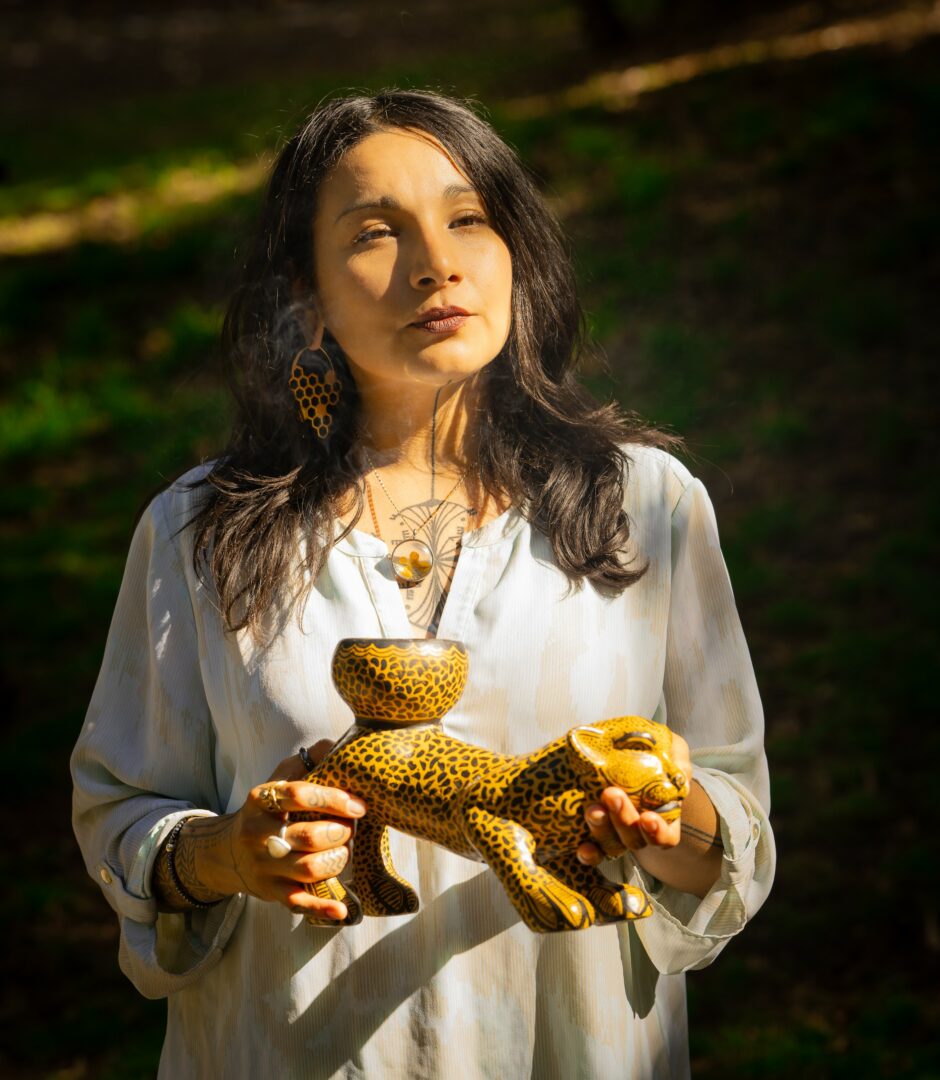
Overcoming imposter syndrome has been an ongoing journey rooted in self-awareness, trust in the lineage of Ayurvedic wisdom, and confidence in my training. At first, I struggled with doubts, wondering if people would take me seriously. Ayurveda is an ancient and profound science, and I felt a deep responsibility to honor it with integrity. Read More>>
Court Normandin

Imposter syndrome is something that I think everybody struggles with, to some extent or another, in all different facets of life. For me I’m not sure if I’ve really “overcome” it completely, as I’m not sure it’s really something that’s one-and-done, taken care of. But, something that I try to tell myself when struggling with feeling like I don’t belong is that those thoughts are ultimately rooted in care–you care so deeply about this goal you’re trying to achieve, that you can’t see your efforts objectively. So acknowledging the feelings–the worry and the fear–and still choosing to show up anyway, that’s how I try to work through it. Read More>>
BW Bridger

Imposter syndrome is something that I think EVERYONE feels or deals with at some point no matter what you are doing. I have never felt like I fit in or belonged ANYWHERE. Even today. I don’t think it is so much something that you can overcome as it is something that you just kinda “feel the fear and do it anyway”. If you can put your ego aside long enough, you can get though anything, and if you want it bad enough, what you think other people think and feel is not relevant in any way. Read More>>
Brianna Haddock

I am a firm believer in “fake it until you make it.” In my opinion, there will always be days where you feel like an imposter. It is incredibly easy to compare yourself to others, or to minimize your accomplishments. All of this can lead to feeling like you don’t deserve to be where you are; that’s when I believe it’s most important to pretend. Ignore the little voice in the back of your head belittling you and instead, act like you know EXACTLY what you’re doing and who you are. Confidence has a way of sticking around, even when it’s initially fake. Read More>>
Liz Giraldo
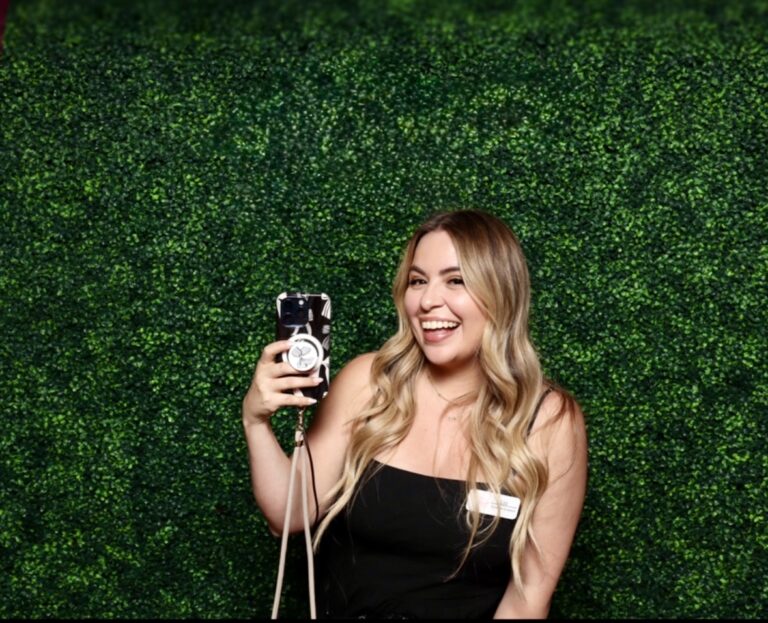
Honestly, imposter syndrome is something that comes and goes. There are days when I feel confident and accomplished, and others when I see someone else’s beautiful work and start to second-guess my own. In those moments, I remind myself that there’s space for all of us to shine. I focus on staying grounded, being true to who I am, and showing up as authentically as possible. Read More>>
Jessica Brosamle

Honestly? I still fight imposter syndrome every single day. It sneaks back in the second I try something new or step outside my comfort zone. The only thing that helps is doing it anyway! I show up even when I’m scared, even when that little voice is telling me I’m not good enough. I educate myself, I stay consistent, and I remind myself no one feels ready… we just keep going. Read More>>
Daniela Palermo

Ah, imposter syndrome—the sneaky little gremlin that loves to whisper in your ear when you’re just trying to vibe and make art. I think every artist meets it at some point, probably more than once. For me, when it creeps in, I take a deep breath and gently remind myself: I’m not doing this to be the best artist that’s ever existed. I’m doing this because it lights me up. Because painting feels like a portal to something bigger, and because the connections I’ve made through my work are real and beautiful. That’s what grounds me when the doubt tries to take the wheel. Read More>>
Kayla Pallace
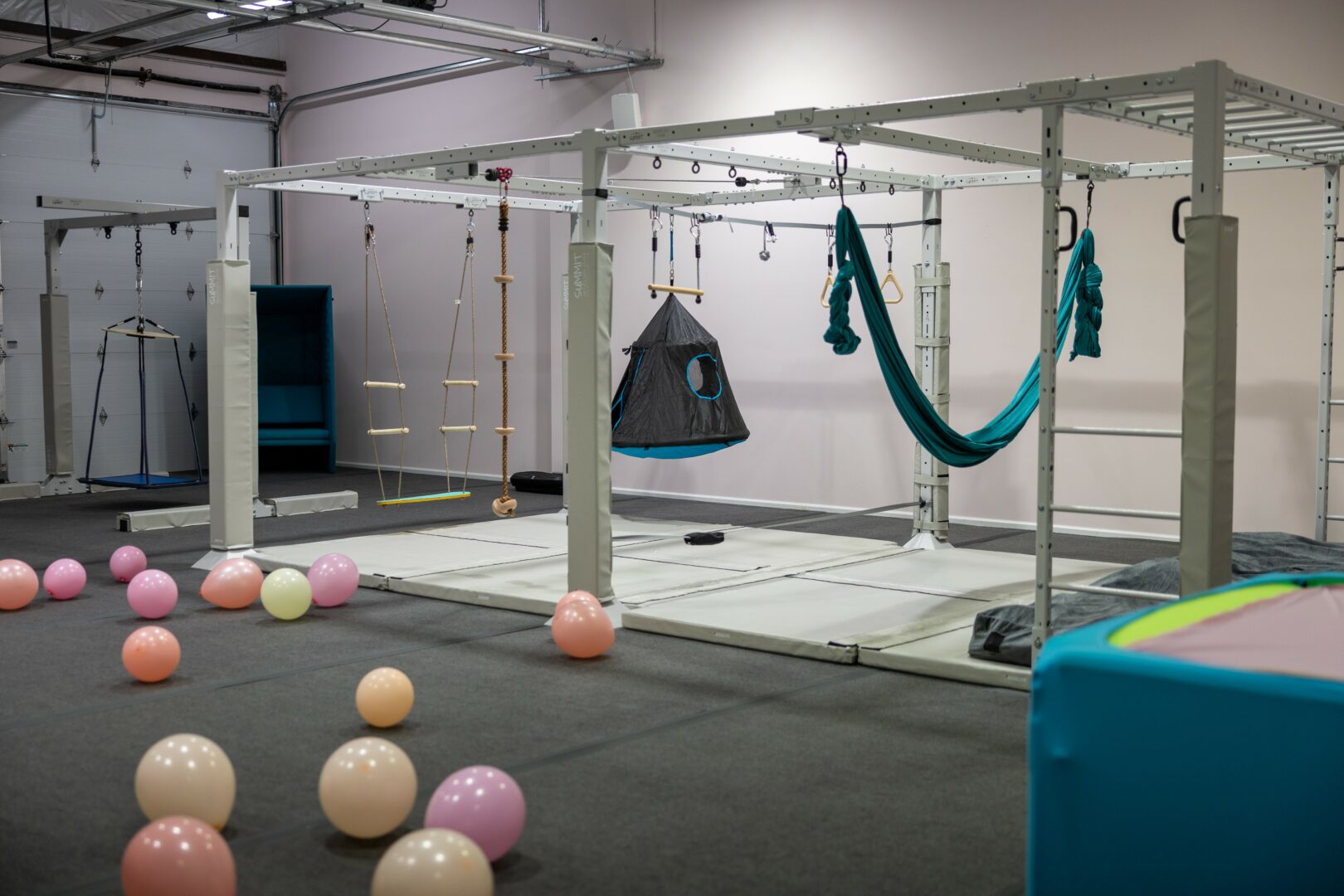
I didn’t. I feel it pretty much every day. I kept my full time job while co-founding The Third Place for Kids (TTP), so I am also in the fun boat of getting to feel it from multiple perspectives: whether I’m parenting, doing nonprofit work, or sitting in a meeting silently Googling acronyms under the table.
What’s changed is that I’ve stopped even trying to overcome it, and I’ve started saying it out loud. So many of us feel the same way and assume we are alone in that. Read More>>
Jelisa Jendayi Grant
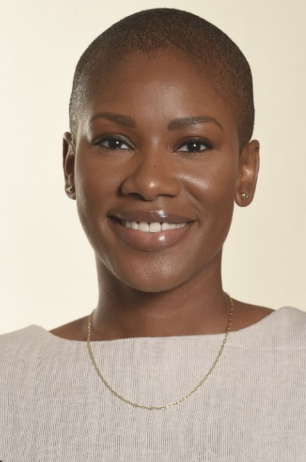
As a first year teacher, imposter syndrome is something I’ve faced consistently, especially in a hands-on role like teaching, where every day brings new challenges and sometimes pushes me beyond my official job description. A lot of the students I work with come from very adverse backgrounds, and there was no amount of graduate school that could prepare me for what teaching in an inner city public school was like. In a space where there was already a lack of resources, I quickly developed a ‘can-do’ attitude because in some circumstances, if I didn’t do it, then who would? Read More>>
Sarah Clark

I’ve found that imposter syndrome isn’t something you overcome once and never feel again. It can come up with every new role or challenge. What’s helped me tackle it more quickly each time is being willing to be transparent and vulnerable. I share what I don’t know yet or where I need help, so I can get the support I need to succeed instead of trying to pretend I have all the answers. Read More>>
Cydanni Adenikinju

Honestly, I still feel imposter syndrome from time to time.
What I’m doing to reduce the feeling of imposter syndrome is reflective journaling. Reflective journaling involves writing in your journal and revisiting previous entries to reflect on your growth. Through the power of reflection, I remind myself of all that I’ve accomplished—including both the small and big wins, as well as the lessons learned along the way. Read More>>
Jeremy Young
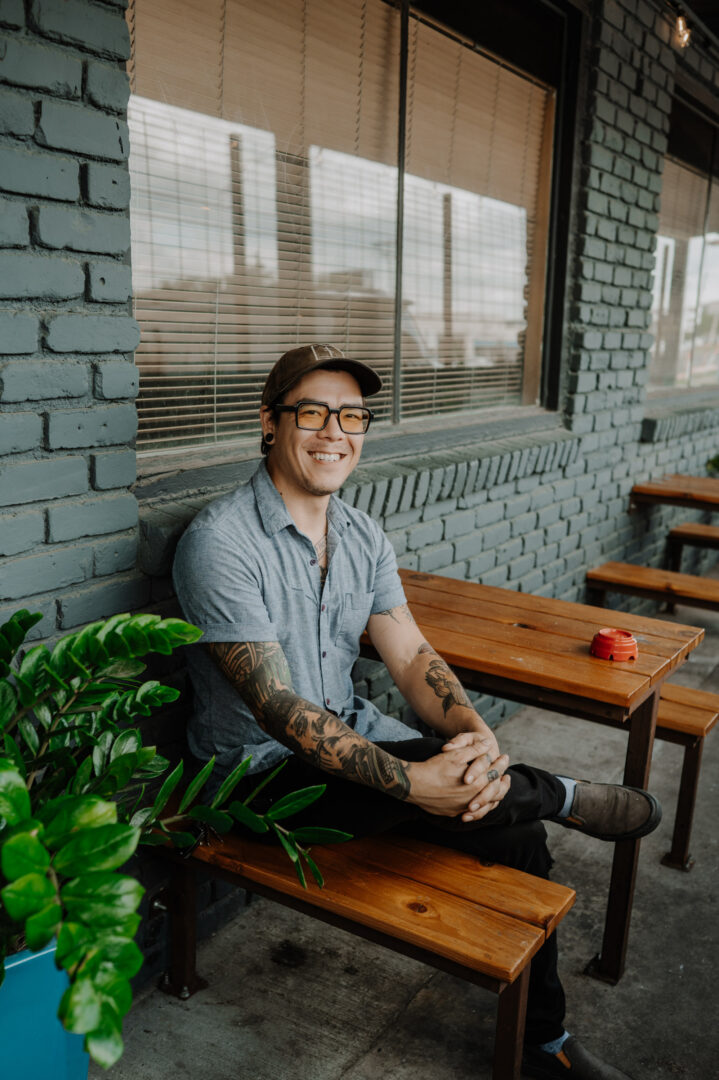
I am not certain one ever truly overcomes imposter syndrome. It is something everyone feels if they are being honest with themselves. It is a natural byproduct of continuing education and growth.
In the restaurant industry, imposter syndrome is especially heightened due to certain lingering cultural factors. The industry as a whole has moved towards transparency, honesty, and equity, but the movements have been slow and inconsistent, and we are still recovering from past trauma. Many chefs of my generation were trained under the tutelage of what I call the “Angry God Chef.” Read More>>
Sonia Chavez

Haciendo mucho trabajo mental. Tengo coaches que me guían en la parte personal y profesional. También un día a la semana descanso de redes sociales y todo lo digital. Conectar con mi presente me recuerda quien soy. Read More>>
Missy Stone

When I looked up the term “imposter syndrome” online, I found the definition to be an experience in which people doubt their skills and success. Have you ever heard the term “fake it ’til you make it?” Sometimes when I am doubting my skills, and experience, or feeling “less than” others in the room, I decide to put on a smile and act like I belong. This actually helps boost my confidence and my ability to find my place among other successful individuals, realizing that instead of being intimidated by them, I can learn from them. Read More>>
Jessi Bang

When I started my blog, I was inspired by a travel family based in Salt Lake. I never set out to be like them, but I did hope to land free travel opportunities the way they had. I’ve always been someone who shows up as myself, no matter how that looks to others, even from a young age. That didn’t mean launching my blog came without hesitation or fear of judgment. But I quickly learned that strangers often become your biggest supporters, sometimes even more than close friends and family, and that’s OK. Staying true to who I am is what built my social media following, and I wouldn’t change a thing. Read More>>
Avery Collura
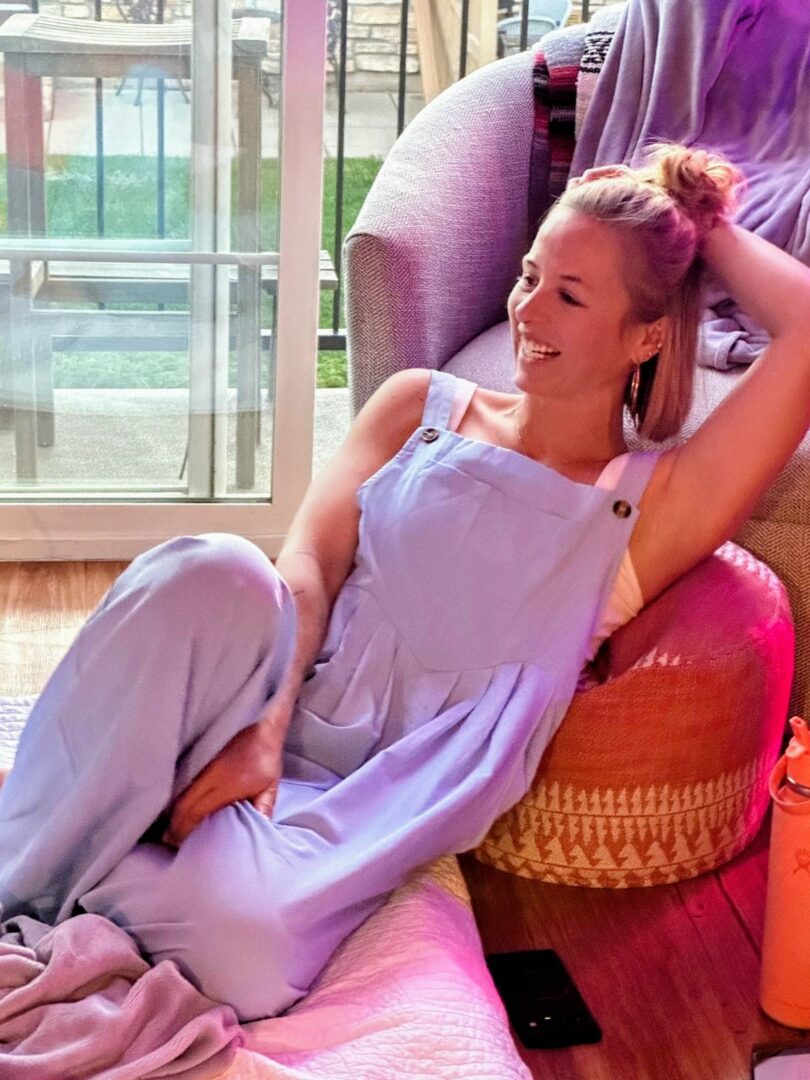
Has anyone, really? I am not sure imposter syndrome is something we overcome as much as something we learn to walk alongside.
For me, the antidote has been community. I have intentionally surrounded myself with people who are committed to growth, who speak truth even when it is messy, and who live from the belief that healing is a collective act. Within those circles—whether in a coaching session, a Colorado Psychedelic Practitioners Cohort (CPPC) training cohort, or sitting in the living room with someone unpacking grief—I see again and again that no one has it all figured out. Read More>>
Gabriela Gonzalez

To be honest, I didn’t “overcome” it in one dramatic moment, I grew through it. I carried a lot of emotional weight. I was constantly hearing negativity, people doubting me, even laughing at the idea that I could create something valuable. For a long time, I internalized that.
But imposter syndrome feeds off the belief that we don’t belong in the spaces we’ve earned. So, I started reminding myself that my story, my background, my perspective. Read More>>
Ruthie Cordia

In the photographer industry one of the biggest obstacles is overcoming imposter syndrome. It’s a field where even when you find your niche there is bound to be someone with one almost identical to you, or better. Comparison is your greatest enemy no matter what your job is. Looking only at the outside will have you thinking that everyone else grass is greener. When all you can really do is do your best to get as good as you can at what you do. Read More>>
Angel A
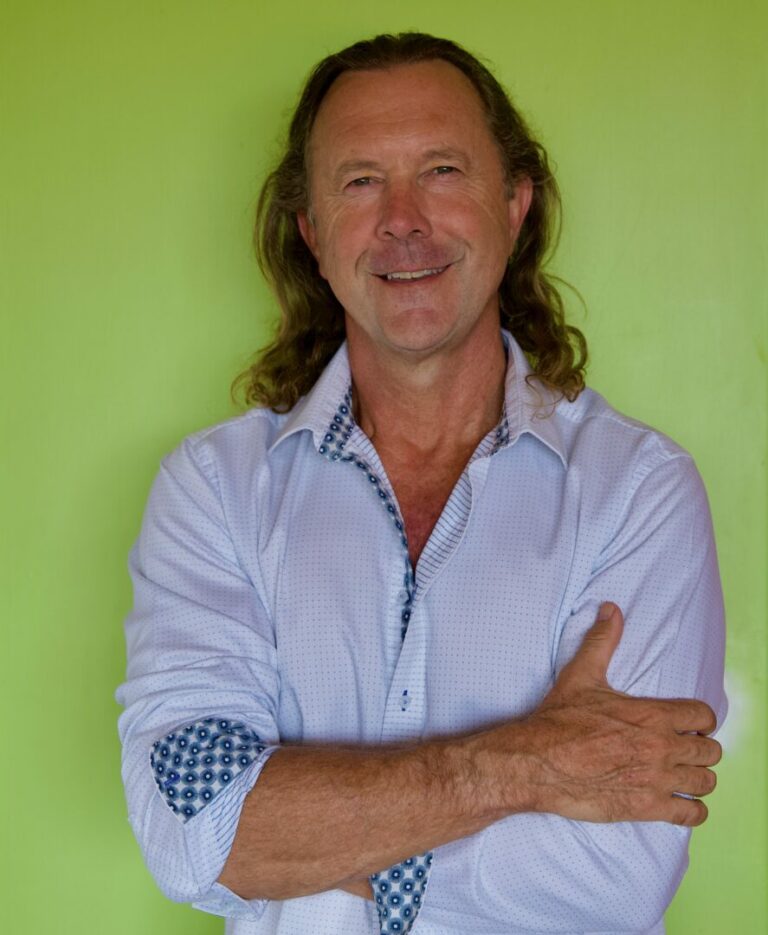
Those who suffer from impostor syndrome often doubt their skills, talents, or accomplishments, and may have a persistent internalised fear and self-doubt despite high personal achievement.
My novels deal specifically with this topic. In ‘Mary Poser’, Mary does not believe her projected image of herself. Was she the dutiful Southern Baptist girl destined to marry a guitar-slinging country boy, according to her family and cultural expectations? In ‘Holy Parrot’, Maria Angelica appears to believe she is gestating the saviour of the new world and she must deal with the resulting adulation and hate thrust upon her. In both stories, expectations overwhelmed the protagonists. Read More>>
Chloe Hunninghake

Imposter syndrome is something that I believe most humble humans never truly overcome, but that is a part of what comes with success. When you are humble about what you have, outsiders may still see it as something other than what it is. Being from a small town, my tiers of success have always been looked at as becoming “famous” , “popular”, or “rich” by the people I grew up with. When in reality, most of me still fully feels like that unknown by the media, small town girl who liked to ride four-wheelers and get in the mud everyday. Read More>>

